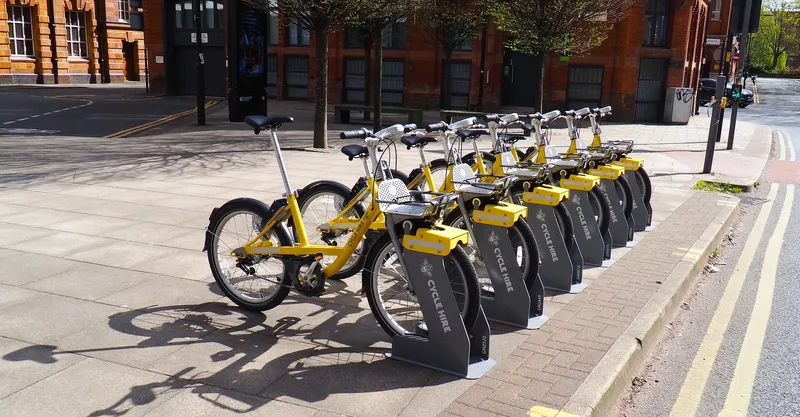The European Commission has approved US$332 million from its Cohesion Fund for five major projects to improve sustainable public transport services in the largest Polish cities of Warsaw, Łódź, Szczecin and Poznań.
These investments aim to modernise the public transport systems in a sustainable and environmentally friendly way and will provide commuters and visitors with improved travel conditions, higher comfort and shorter journey times. They are all financed under the Polish Infrastructure and Environ
February 3, 2015
Read time: 1 min
The 1690 European Commission has approved US$332 million from its Cohesion Fund for five major projects to improve sustainable public transport services in the largest Polish cities of Warsaw, Łódź, Szczecin and Poznań.
These investments aim to modernise the public transport systems in a sustainable and environmentally friendly way and will provide commuters and visitors with improved travel conditions, higher comfort and shorter journey times. They are all financed under the Polish Infrastructure and Environment operational programme and are expected to be finalised by the end of 2015.
Commissioner for Regional Policy Corina Creţu who approved the investments, said “I welcome the adoption of these projects, which contributes to improving the mobility of the Polish citizens, ensuring safe, sustainable and environmentally friendly travel conditions. Infrastructure development projects in the biggest Polish cities Warsaw, Łódź, Szczecin and Poznań will boost competitiveness and strengthen the economy in the whole country."
These investments aim to modernise the public transport systems in a sustainable and environmentally friendly way and will provide commuters and visitors with improved travel conditions, higher comfort and shorter journey times. They are all financed under the Polish Infrastructure and Environment operational programme and are expected to be finalised by the end of 2015.
Commissioner for Regional Policy Corina Creţu who approved the investments, said “I welcome the adoption of these projects, which contributes to improving the mobility of the Polish citizens, ensuring safe, sustainable and environmentally friendly travel conditions. Infrastructure development projects in the biggest Polish cities Warsaw, Łódź, Szczecin and Poznań will boost competitiveness and strengthen the economy in the whole country."









